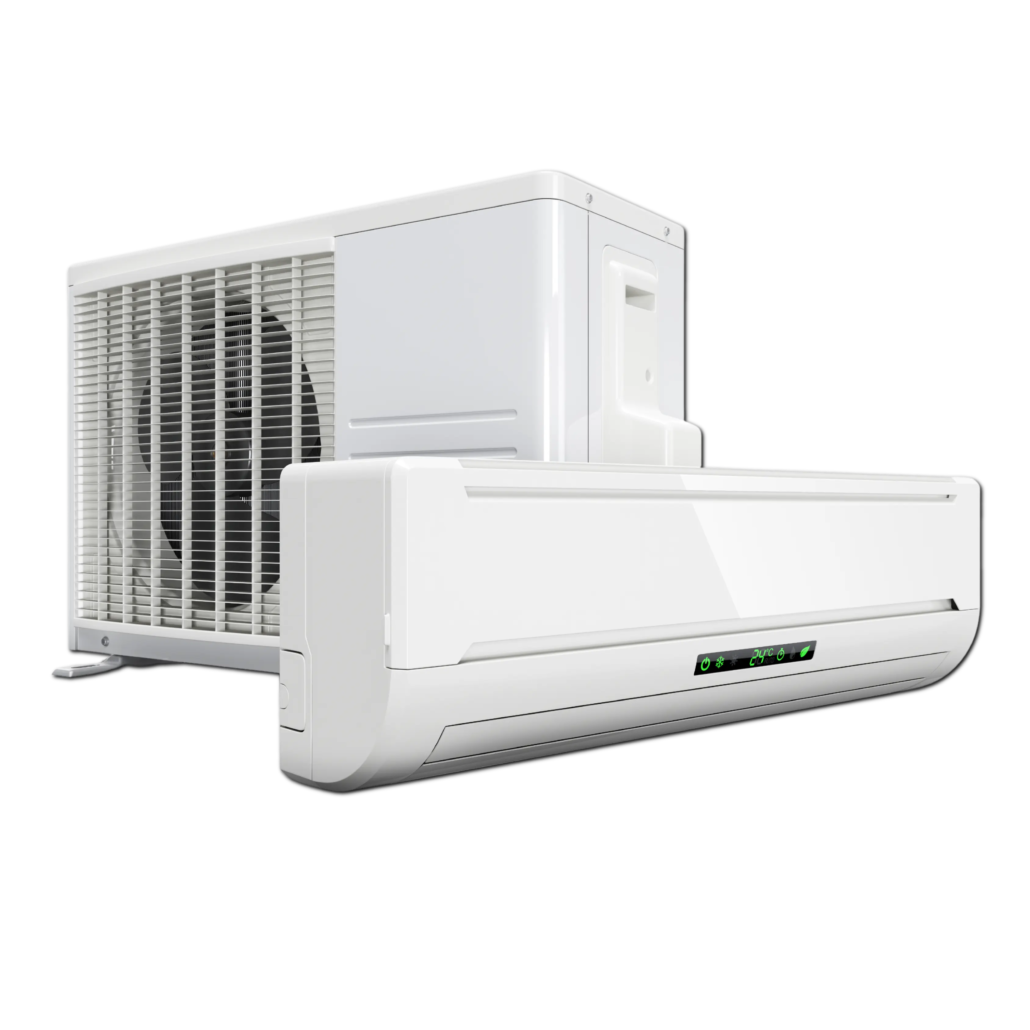VRF Air Conditioning: Your Complete Guide
Enhance Climate Control with Advanced VRF Air Conditioning Variable Refrigerant Flow (VRF) air conditioning offers…

Air Conditioning Maintenance Blogs provide valuable insights on keeping your AC system running efficiently. These blogs cover topics such as routine maintenance tips, troubleshooting common issues, energy-saving techniques, and seasonal servicing guides. Whether you’re a homeowner looking to extend your unit’s lifespan or a business owner maintaining commercial HVAC systems, these blogs offer expert advice to help you avoid costly repairs and improve cooling performance. Stay informed with the latest industry trends and best practices to ensure your air conditioning system remains in top condition year-round.

Enhance Climate Control with Advanced VRF Air Conditioning Variable Refrigerant Flow (VRF) air conditioning offers…
Aircon Not Cooling? Common issues & Solutions On a hot day, there are few things…
AC Smells Musty? Here’s What You Need to Know and How to Fix It A…
Is your AC unit leaking water? This common issue can lead to significant damage if…









Available 24/7, 365 days

Address:
Office 7, 35/37 Ludgate Hill
London, EC4M 7JN
Expert Insights, Maintenance Tips, and the lates updates on Air Conditioning & Refrigeration.


Address:
Office 7, 35/37 Ludgate Hill
London, EC4M 7JN
Air Conditioning Maintenance & Service

T&C’s apply
